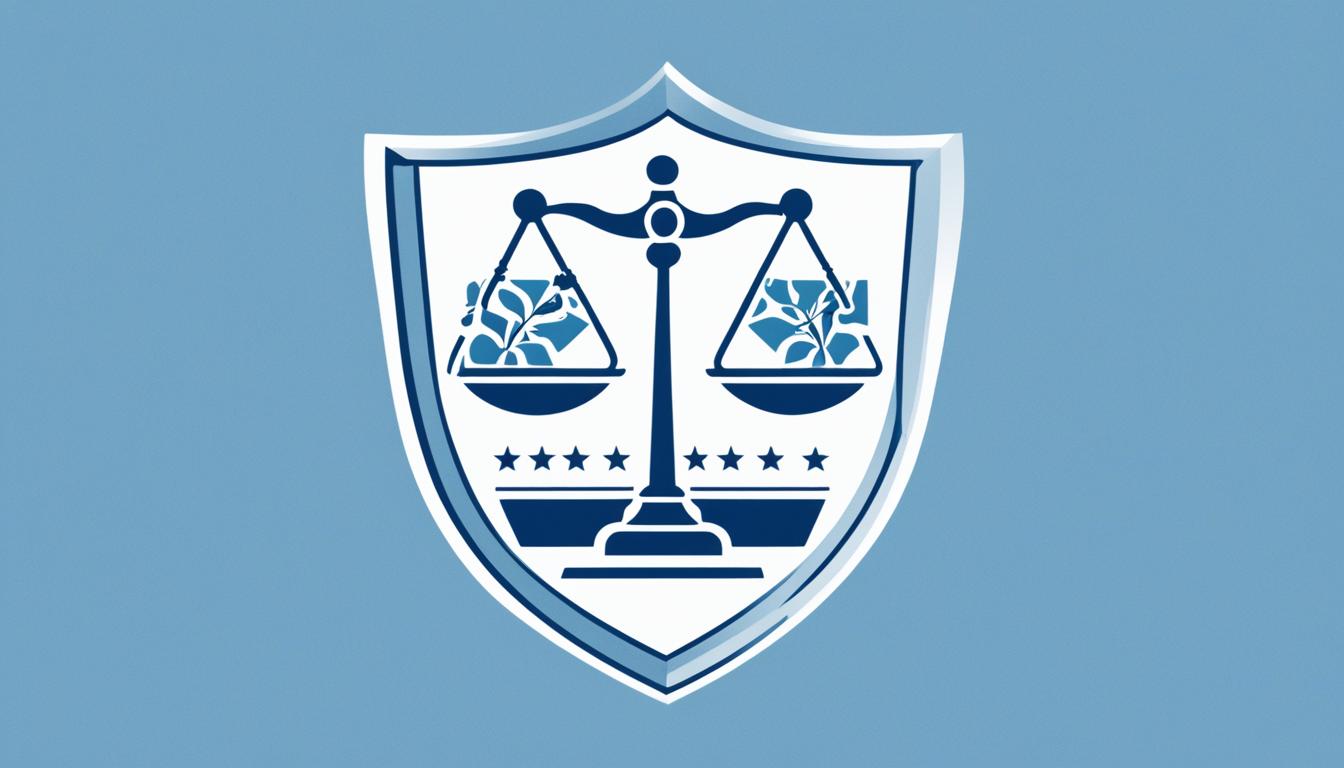Welcome to our informative article on the UK Gambling Commission. In this section, we will explore the role and functions of the Commission, which is responsible for regulating and overseeing gambling activities in the United Kingdom. The UK Gambling Commission plays a crucial role in ensuring fair and safe gambling practices throughout the country.
At its core, the UK Gambling Commission serves as the regulatory body that licenses and supervises all forms of gambling in the UK, including online gambling, casinos, and lotteries. Its primary objective is to protect players and promote responsible gambling.
The Commission’s main responsibilities include granting licenses to gambling operators, monitoring their compliance with regulatory standards, and enforcing penalties for any violations. By imposing strict regulations, the UK Gambling Commission ensures that gambling activities are conducted fairly and transparently.
Beyond its regulatory role, the Commission also focuses on initiatives that promote responsible gambling. These efforts include setting standards for online gambling platforms, overseeing self-exclusion programs, and providing support for individuals affected by gambling-related harm.
By collaborating with industry stakeholders and utilizing the latest technology, the UK Gambling Commission strives to tackle issues like problem gambling and underage gambling, making the UK gambling environment better for all.
Stay tuned for our upcoming sections, where we will delve deeper into the specific role of the UK Gambling Commission in regulating the gambling industry and ensuring fair and safe gambling practices.
The Role of the UK Gambling Commission in Regulating the Gambling Industry
In the United Kingdom, the gambling industry is rigorously regulated to ensure fair and safe gambling practices. The UK Gambling Commission plays a vital role in overseeing and regulating this industry, ensuring that operators adhere to strict guidelines and standards.
One of the primary functions of the UK Gambling Commission is to grant licenses to gambling operators. These licenses demonstrate that the operators meet the necessary requirements and have systems in place to operate in a fair and responsible manner. Through this licensing process, the Commission ensures that only reputable and trustworthy operators are allowed to operate within the UK market.
Monitoring compliance with regulations is another crucial responsibility of the UK Gambling Commission. It closely scrutinizes the activities of licensed operators to ensure they comply with the established rules and regulations. This includes verifying that operators have appropriate policies and measures in place to prevent money laundering, protect vulnerable individuals, and promote responsible gambling practices. By actively monitoring compliance, the Commission aims to maintain the integrity of the industry and protect consumers from potential harm.
The UK Gambling Commission also plays a pivotal role in enforcing penalties for any violations of the regulations. If an operator is found to be in breach of its license conditions or fails to meet the required standards, the Commission has the authority to take appropriate enforcement action. This can range from imposing financial penalties to revoking or suspending licenses, depending on the severity of the violation. By enforcing penalties, the Commission ensures that operators are held accountable for their actions, maintaining a level playing field across the industry.
Furthermore, the UK Gambling Commission takes significant measures to prevent illegal activities within the gambling industry. It works closely with law enforcement agencies to combat issues such as money laundering, fraud, and corruption. Through collaboration and information sharing, the Commission strives to create a secure and transparent environment for both operators and players alike.
Overall, the UK Gambling Commission plays a crucial role in regulating the gambling industry. By granting licenses, monitoring compliance, enforcing penalties, and preventing illegal activities, it ensures the industry operates in a fair, safe, and responsible manner, providing a positive gambling experience for all.

UK Gambling Commission’s Key Functions:
| Licensing | Compliance Monitoring | Penalties and Enforcement | Prevention of Illegal Activities |
|---|---|---|---|
| Grants licenses to gambling operators ensuring adherence to regulations and responsible practices. | Monitors operators’ compliance with established rules and regulations. | Enforces penalties for violations to maintain industry integrity. | Collaborates with law enforcement to combat money laundering, fraud, and corruption. |
Ensuring Fair and Safe Gambling Practices
In its commitment to promoting fair and safe gambling practices, the UK Gambling Commission plays a vital role in safeguarding the interests of players and maintaining the integrity of the gambling industry. The Commission has implemented various initiatives that aim to foster responsible gambling and protect those affected by gambling-related harm.
One of the key ways the Commission ensures fair gambling practices is by setting rigorous standards for online gambling platforms. These standards encompass aspects such as player verification processes, age restrictions, and measures to prevent money laundering. By upholding these standards, the Commission helps create a secure and trustworthy online gambling environment, giving players the confidence to engage in safe and responsible gambling activities.
Furthermore, the UK Gambling Commission oversees self-exclusion programs, which enable individuals to voluntarily exclude themselves from gambling activities. By supporting and monitoring these programs, the Commission contributes to assisting individuals who need help in managing their gambling habits and preventing problem gambling.
The Commission also collaborates closely with industry stakeholders, including gambling operators, charities, and support organizations, to tackle issues like problem gambling and underage gambling. By fostering cooperation and sharing best practices, the Commission works towards addressing and mitigating the potential risks associated with gambling, making the UK gambling environment better for all.

